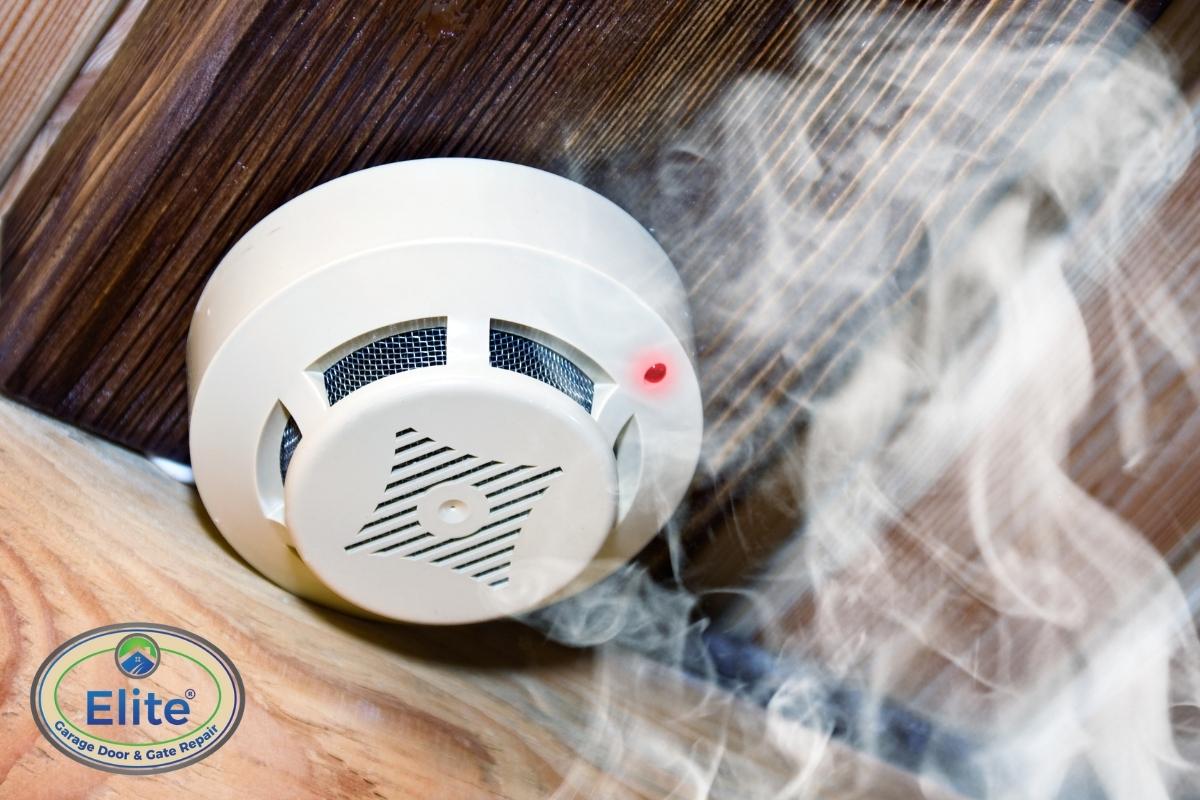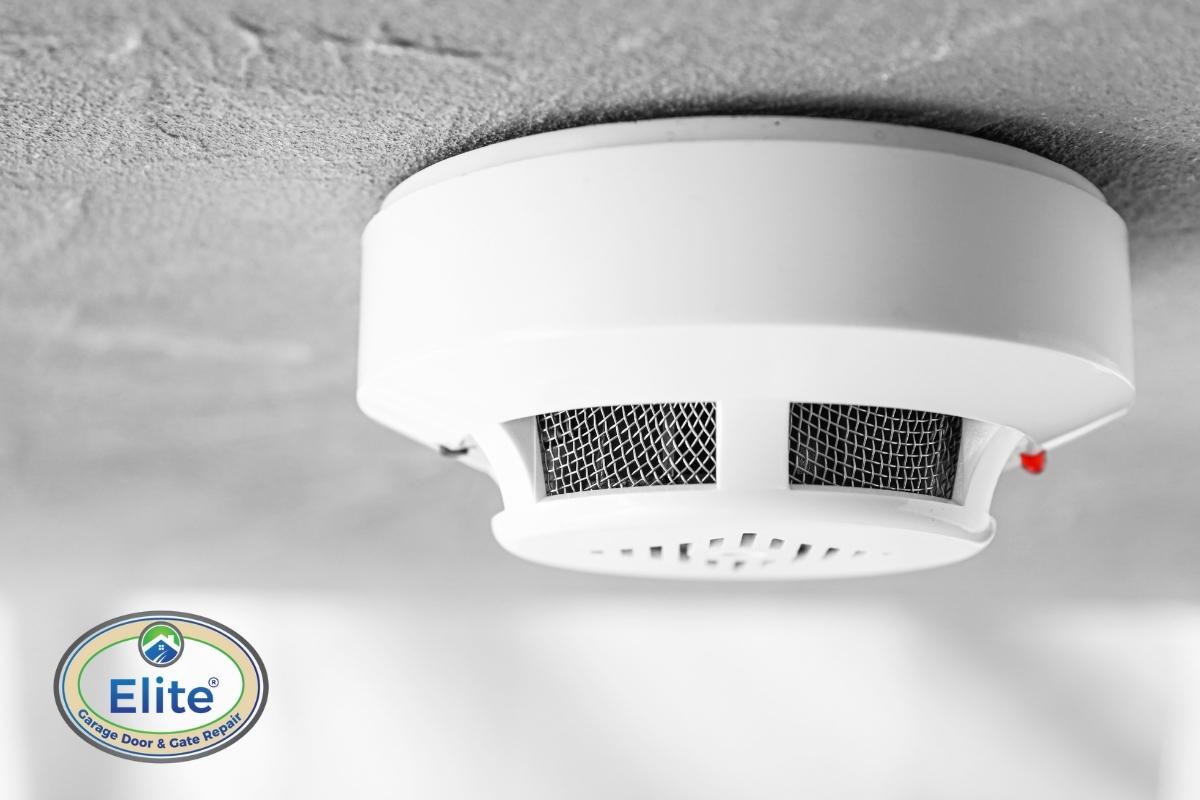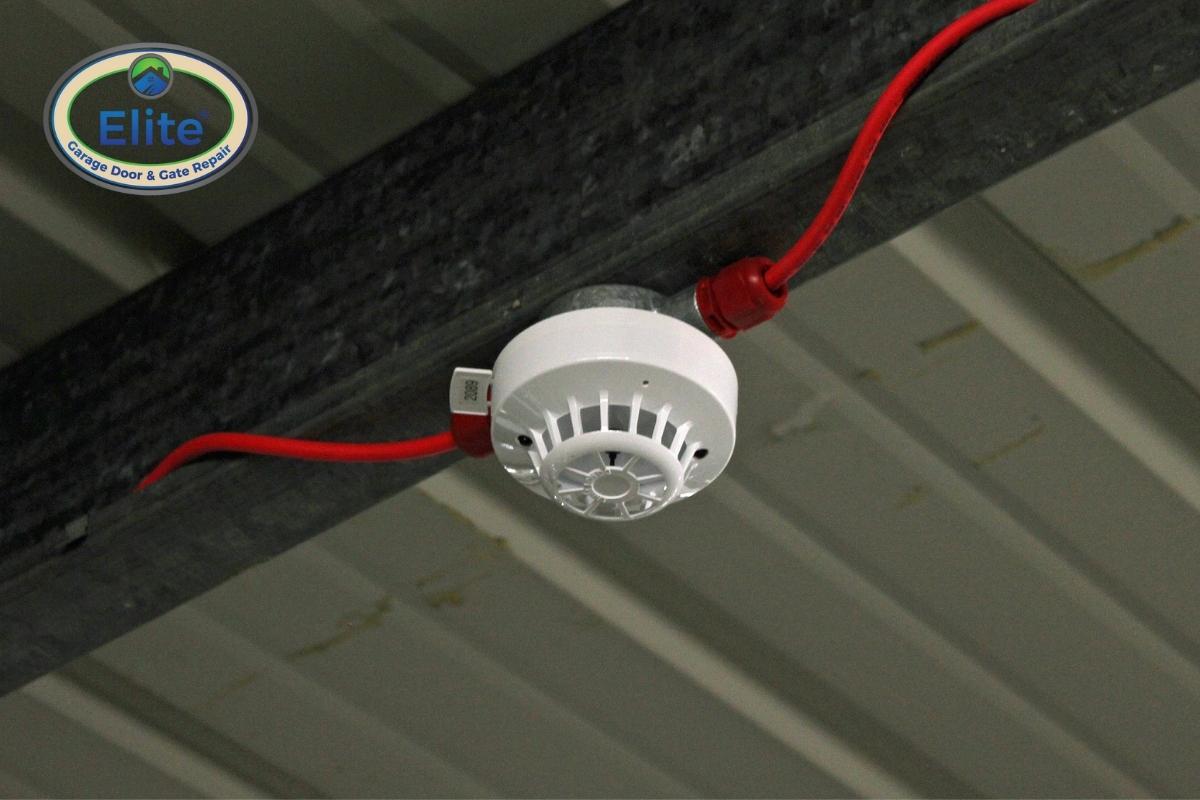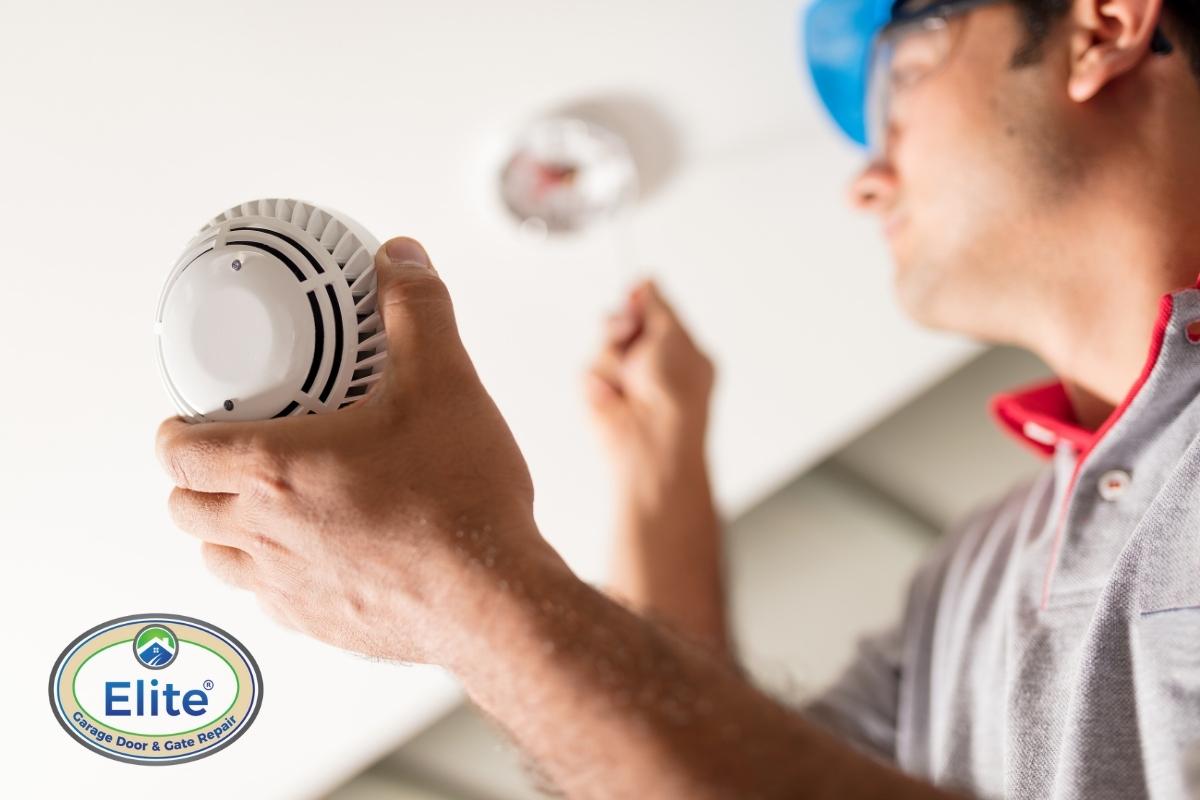The most overlooked portion of the house usually is the garage. According to different police reports and security advice shared by home security businesses, when it comes to securing the house, having good Garage Safety Measures is just as vital as the rest of the house.
U.S. fire administration recently revealed that around 6600 garage fires are reported every year. These fires, on average, result in 30 fatalities, more than 400 injuries, and a loss of over $457 million in property damages yearly. To avoid becoming a statistic, let’s discuss installing two highly recommended safety devices in the garage: a smoke detector and a heat detector.
Table of Contents
Garage heat detector vs. Smoke Detector
The heat detector and Smoke Detector are two separate devices. Many people confuse them with each other and use the term smoke detector for both devices.

However, both of these devices provide entirely different functionalities. A smoke detector works by identifying smoke or fumes in its vicinity. If installed inside garages, smoke detectors are often triggered by car exhaust fumes or fumes from running machinery.
Besides becoming a headache, this also causes damage to the detector’s sensors. Therefore, installing a smoke detector inside the garage is not recommended. Rooms adjacent to the garage can benefit more from smoke detectors, as they provide alerts if something goes wrong in the garage.
On the other hand, heat detectors identify a rise in temperature in its vicinity. The heat alarm will go off if the temperature in the garage gets too high, indicating the presence of a fire or if heat-generating machinery has been left unattended for too long. Heat alarms are not set off by car fumes or excessive dust, and they are a great system to add to your garage security protocol.

Benefits of installing heat detectors
Heat alarms are far more reliable than smoke alarms. Home garages are prime locations that can benefit from heat detectors. Suppose a garage is used to store valuable items like childhood memorabilia, old family albums, and heirlooms, or it is used by the family pet. In that case, a heat detector can help protect the family’s memories and valuables by alerting them of any significant change in the garage temperature.
Heat detectors can also be installed as a part of an interconnected alarm system. This means that if one alarm goes off, all the alarms included in the system will begin to go off, alerting everyone present inside the house.

Maintenance of heat detectors
Maintenance of heat detectors
Heat detectors’ maintenance must be a priority as they are the first line of defense in case of a house fire. This is as easy as checking the battery sensor of the detector and making sure the range is set between 175 to 250 degrees.
This range is set to ensure that in unairconditioned garages, the heat detector is not triggered by the hot summer weather.












Leave A Comment